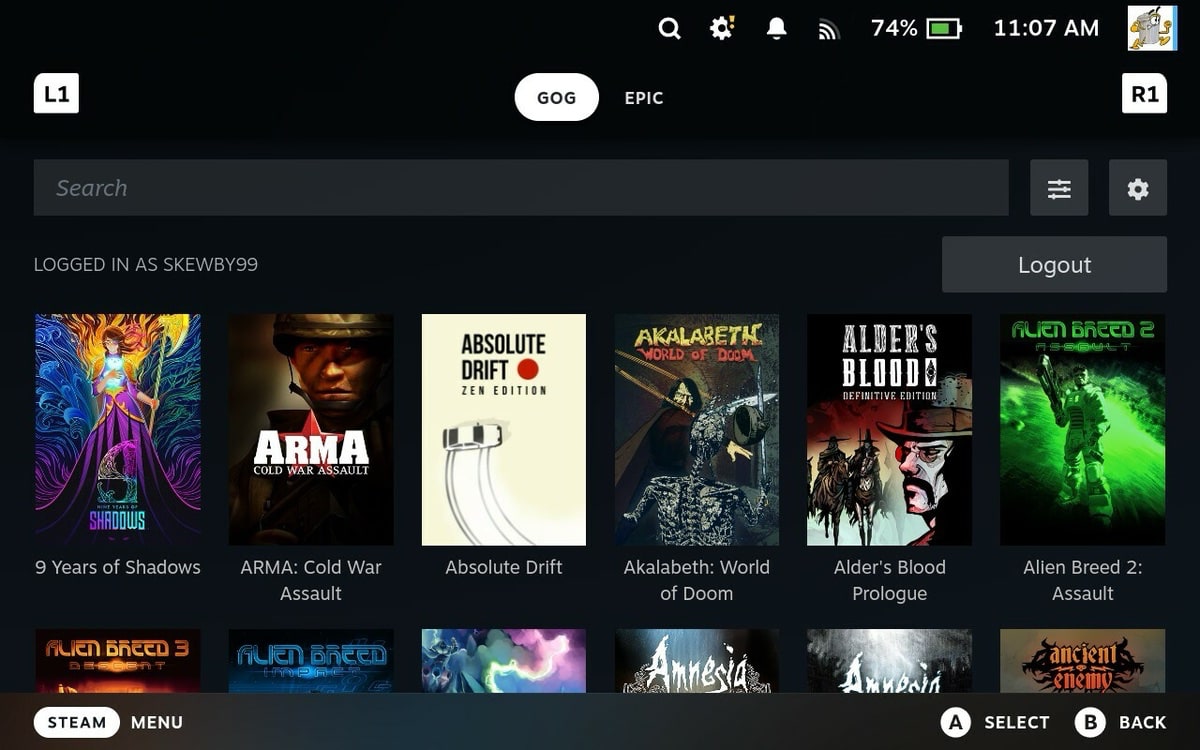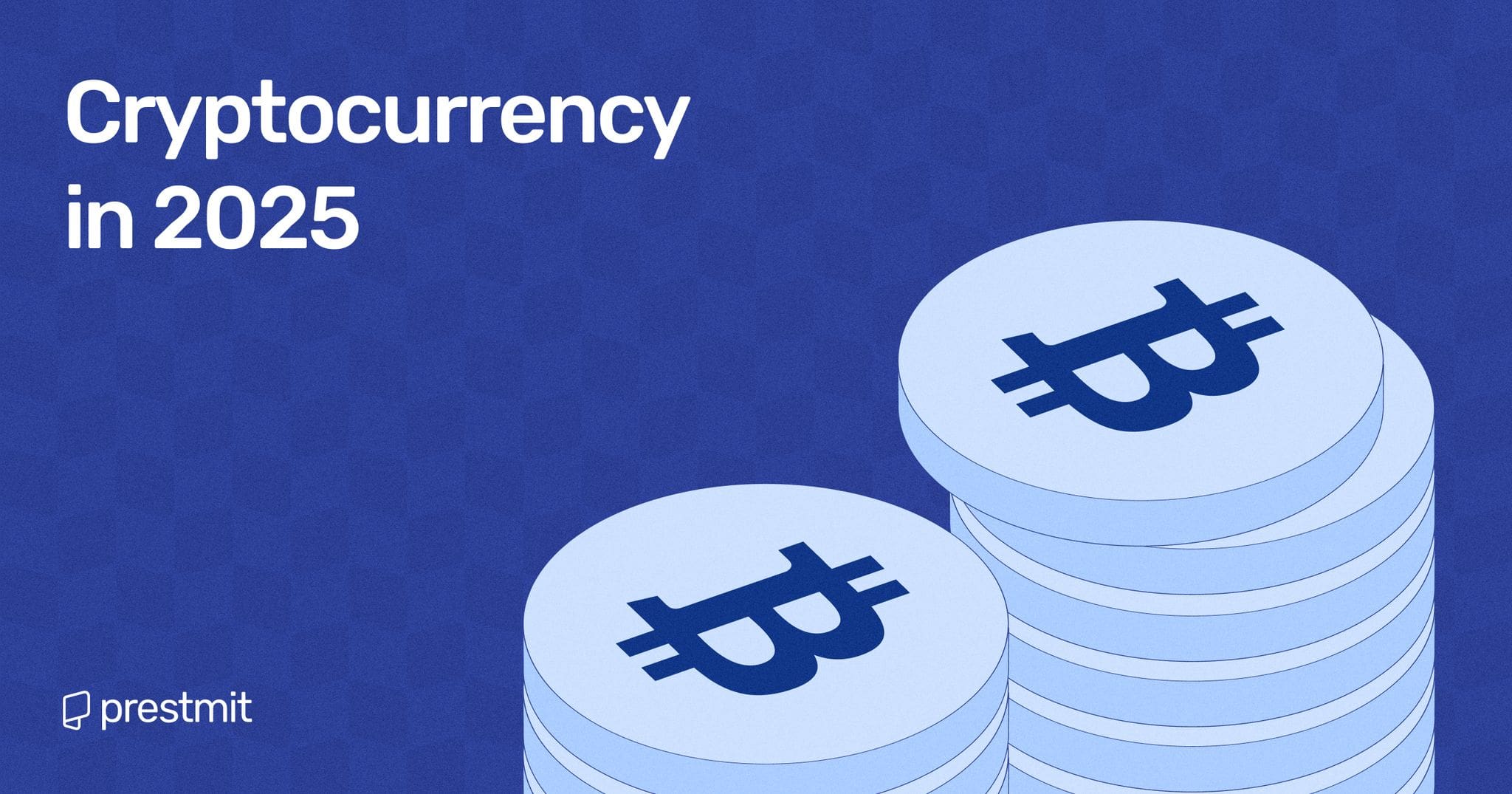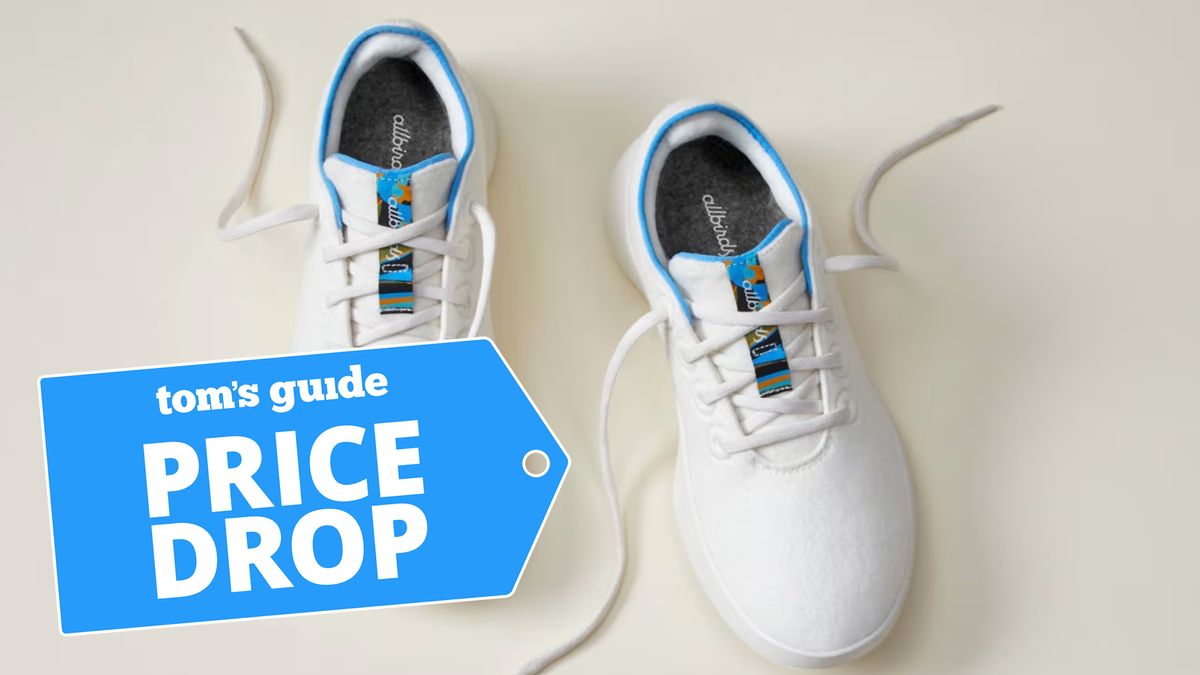Enhancing Input: Microsoft’s Gamepad Keyboard Revolution for Handhelds
The gaming landscape is witnessing an exhilarating rise in handheld devices, with notable entries like the ROG Ally and Lenovo Legion Go making waves. As manufacturers rush to deliver powerful, portable alternatives to the beloved Steam Deck, Windows is adapting to cater specifically to these innovations.
 The evolution of handheld gaming continues to impress, with new developments from Microsoft.
The evolution of handheld gaming continues to impress, with new developments from Microsoft.
Recently, Microsoft has introduced an innovative feature in its latest Windows Insider build — the “gamepad keyboard.” This upgrade significantly improves text input on devices employing Xbox-standard controllers. Designed primarily for portable gaming devices, this feature promises to streamline how players communicate and navigate their games.
The new Gamepad keyboard layout allows players to leverage their controllers for faster typing when using the on-screen keyboard. According to the Windows Insider blog, “This update starts the rollout of a new Gamepad keyboard layout for the on-screen keyboard.” The setup codes specific hardware buttons to perform quick functions, making tasks like backspacing and adding spaces as seamless as a thumbstick flick.
Beyond the gamepad integration, this round of updates, labeled build 22631.4387 of Windows 11’s 23H2, also aims to address some minor annoyances. Users can now prevent irritating pop-up notifications regarding system updates and receive the ability to remap the recently critiqued Copilot key found on newer laptop keyboards. These changes, while not revolutionary, provide enhanced usability for those navigating a typically cumbersome interface.
The Steam Deck’s Continued Dominance
Despite the waves of new handheld devices hitting the market, Windows 11 remains a contentious topic among gamers and developers alike. Many users have found that the combination of Windows’ resource demands coupled with unique interfaces and launchers can lead to significant drops in performance. This reality often accentuates why Valve’s Linux-based Steam Deck remains a prominent player in the handheld gaming arena.
With the Steam Deck still relevancing existing paradigms of portable gaming, a notable trend has emerged among enthusiasts. Many users are taking it upon themselves to experiment, creating variants of SteamOS to optimize performance on various handheld devices. Additionally, whispers in the community suggest that Valve might soon roll out official SteamOS builds specifically tailored for devices like the ROG Ally, which could further consolidate its standing in portable gaming.
“It seems like running both Windows and the often cumbersome custom interfaces and launchers meant to make these small keyboard-less devices more comfortable causes some big performance drops,” as noted in discussions surrounding this topic.
The Junk Store: Bridging Game Platforms
In parallel to these developments in Windows, the world of handhelds is buzzing with news from the upcoming Junk Store, an innovative platform aiming to simplify access to games across different ecosystems. Set to potentially integrate with the Steam Store, this plugin will allow players to install titles directly from their Epic Games and GOG accounts on Steam Deck devices without needing to juggle various launchers.
 The Junk Store aims to streamline game access across platforms.
The Junk Store aims to streamline game access across platforms.
Although still in development, the Junk Store holds promise as it proceeds to garner community interest, bringing with it the potential for a seamless gaming experience. Set to launch at a to-be-determined price through the Steam Store, it emphasizes its commitment to make the Decky-plugin available for free. This balance between offering premium features while maintaining community-driven accessibility resonates strongly within the gaming community.
Community Engagement and Future Developments
Undoubtedly, these advancements reflect a broader cultural shift within handheld gaming. With developers harnessing the potential of Windows while simultaneously embracing community influences through plugins like the Junk Store, we can expect a wave of innovation to wash over the portable gaming sector in the coming months.
As interest in gaming handhelds continues to soar, we can further anticipate that platforms will evolve alongside user preferences, enhancing performance, user experience, and cross-compatibility more than ever before.
As we look forward to what’s next, checking out resources like the Junk Store Community on Reddit could provide insights and updates on this exciting frontier of gaming.
With these themes converging, the narratives surrounding Windows’ adaptations and new community-driven platforms will play a pivotal role in shaping the future of portable gaming.
Conclusion: A Bright Future for Portable Gaming
With Microsoft taking strides towards better integration and the community’s engagement sparking excitement around new tools and platforms, the future of handheld gaming looks undeniably bright. Whether through innovative input methods or the unifying efforts of platforms like the Junk Store, players can eagerly anticipate an enriching and expansive era of gaming.


 Photo by
Photo by 












